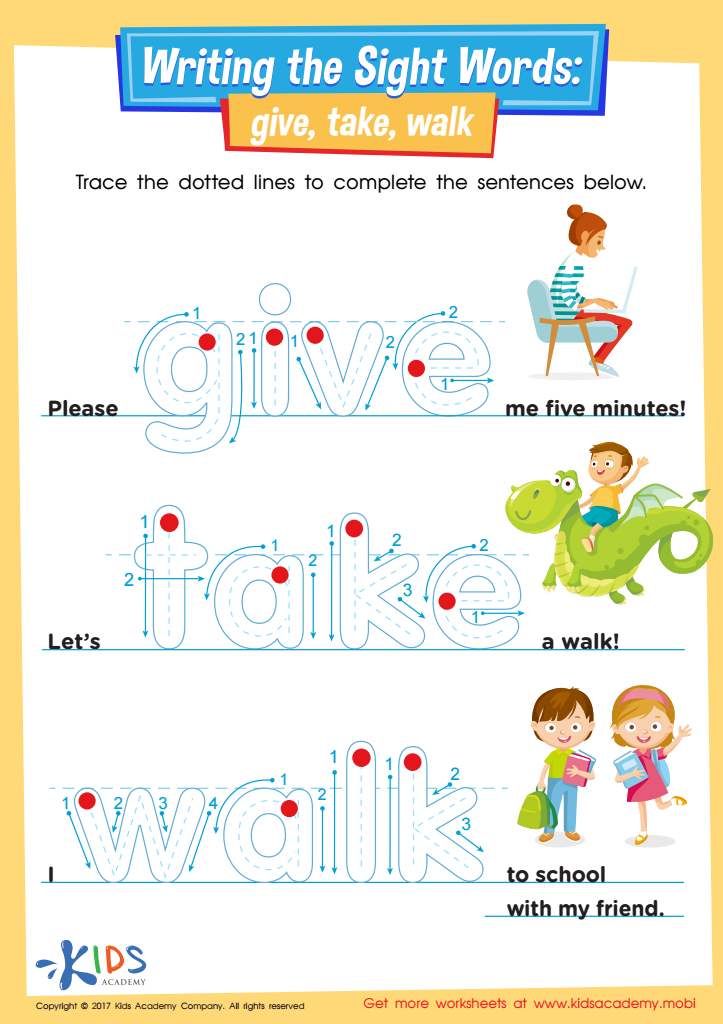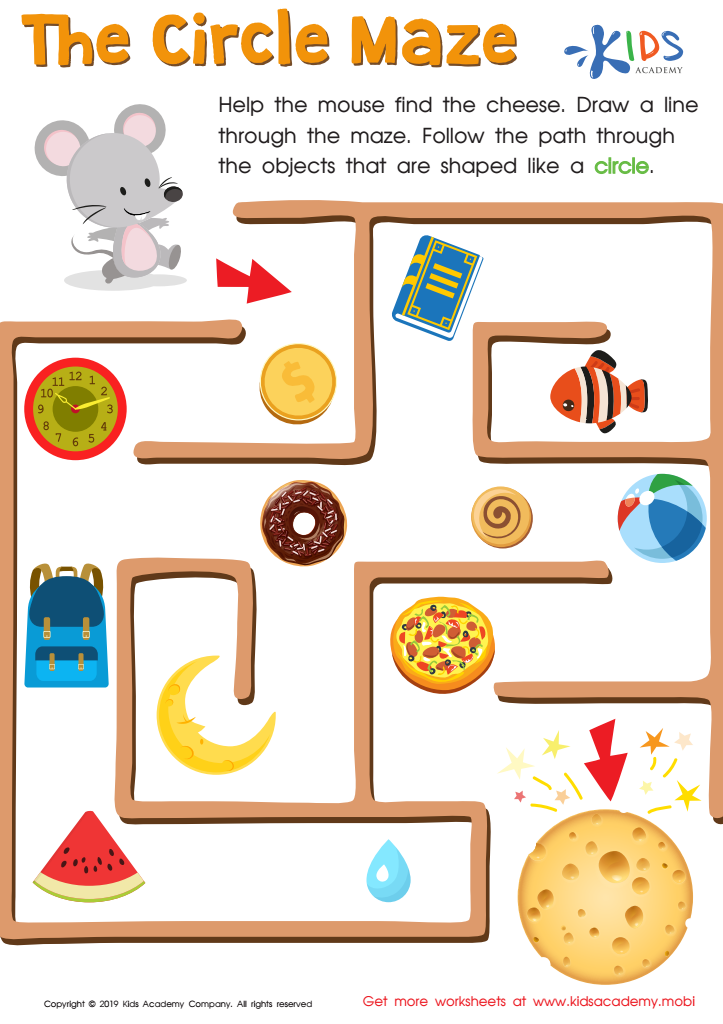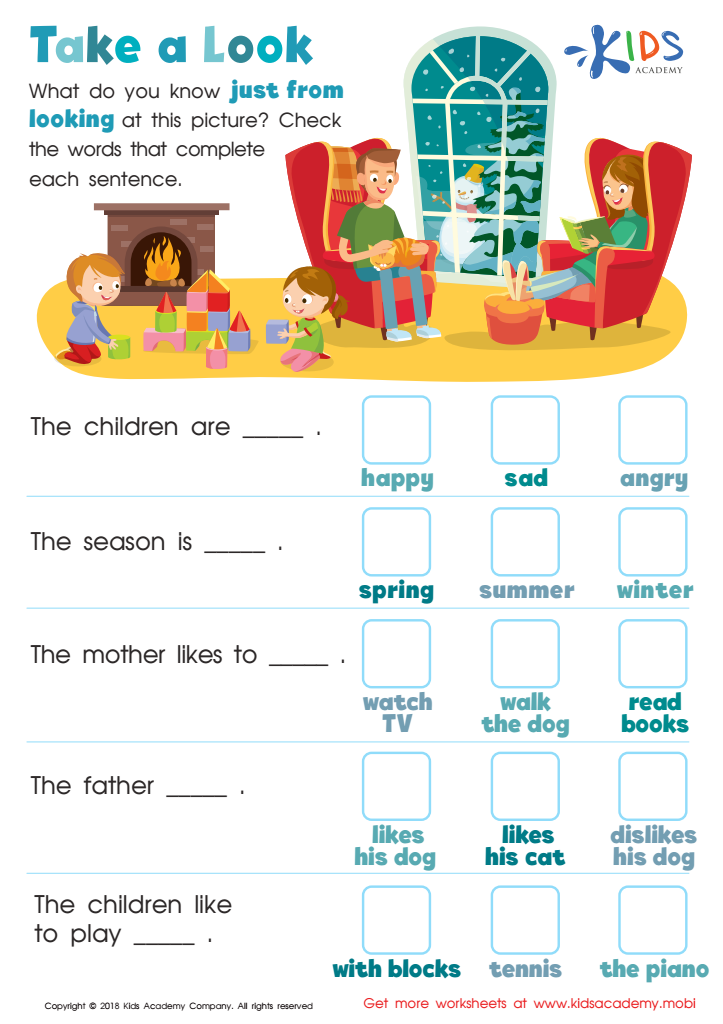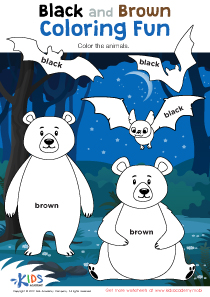Problem-Solving Skills English for Beginners Worksheets for Ages 3-6
3 filtered results
-
From - To
Enhance your child's learning journey with our engaging "Problem-Solving Skills English for Beginners Worksheets," tailored for ages 3-6. These interactive worksheets are designed to foster critical thinking and English language skills in young learners. Each activity encourages kids to tackle fun challenges, understand logical sequences, and develop their reasoning abilities while improving their vocabulary. Our worksheets provide a playful approach to learning, making complex concepts accessible and enjoyable for early learners. Encourage your child’s curiosity and creativity as they embark on a vibrant exploration of problem-solving through language! Perfect for parents and educators seeking innovative ways to support learning at home or in the classroom.


Give, Take, Walk Printable Sight Words Worksheet


The Circle Maze Worksheet


Take a Look - Part 1 Worksheet
Problem-solving skills are essential for children, particularly in the early stages of development. For ages 3-6, these skills foster critical thinking, creativity, and independence. When parents and teachers emphasize problem-solving within the context of English for beginners, they invite opportunities for children to explore language through engaging, hands-on activities.
At this age, children benefit most from interactive play. Problem-solving encourages them to communicate effectively—asking questions, expressing thoughts, and negotiating with peers. This interaction naturally integrates vocabulary and language structures, enhancing English acquisition.
Moreover, developing problem-solving skills equips young learners with resilience. Encountering challenges fosters a growth mindset, helping them understand that mistakes are a part of learning. This is vital for their emotional development, as it boosts confidence and promotes perseverance.
In the early years, parents and teachers should prioritize these skills because they lay the groundwork for future academic success. Problem-solving in language learning not only aids in literacy but also promotes social skills and self-regulation, essential traits that contribute to a well-rounded education. By caring about and nurturing these skills, adults can help children develop the ability to think critically and adapt to new situations, preparing them for lifelong learning.
 Assign to My Students
Assign to My Students














